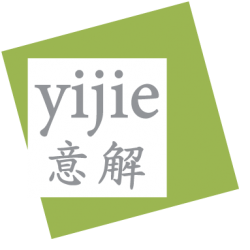Focus on Labour Dispatching Contracts in China
“Labour dispatch” is regulated by Section 2 of the PRC Labour Contract Law and “Interim Regulations on Labour Dispatch” (MOHRSS Order No. 22). According to the Interim Regulations, the contract signed between the labour dispatch agency and the dispatched employee should have a fixed employment term of at least two years.
According to Article 59 of “Labour Contract Law of the People’s Republic of China” a labour dispatching company must sign a labour dispatch agreement with the company that accepts the dispatched personnel. The labour dispatching agreement must stipulate the dispatched positions and the number of personnel, the dispatch period, the amount and payment method of labour remuneration and social insurance, and the liability for breach of the agreement.
The company can stipulate in the dispatching agreement the form of salary payment for the dispatched personnel. The salary can be paid by the dispatching company directly, in which case it is compensated by the dispatch fee the utilizing company pays the dispatching company. Alternatively, the company that is using the dispatched personnel can act as a conduit for the salary. In either case, the dispatched employee establishes the labour relationship with the dispatching company not the labour utilizer.
According to the provisions of Article 92 of the Labour Contract Law, if the dispatching company violates the law and infringes upon the rights and interests of dispatched employees, the company utilizing the personnel bears joint liability.

